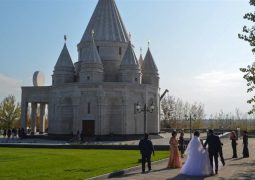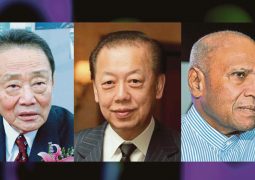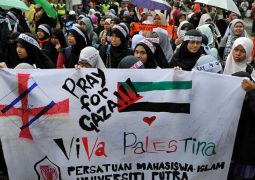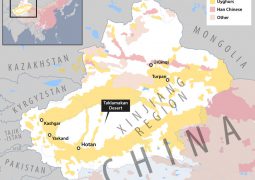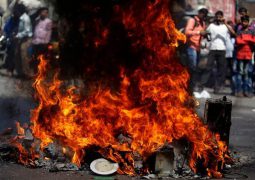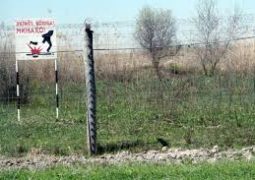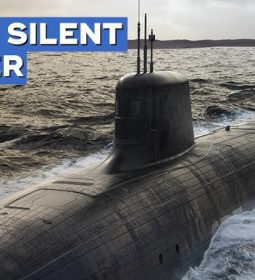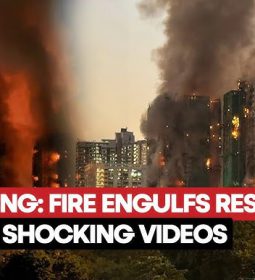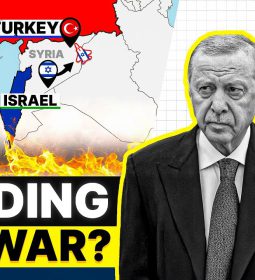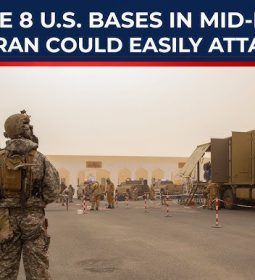Sri Lanka PM not alerted to warning of attack because of feud – minister

Sri Lanka PM not alerted to warning of attack because of feud – minister
Sanjeev Miglani, Shihar Aneez
A rift between Sri Lanka’s president and prime minister, which sparked a crisis last year, came under scrutiny on Monday a day after a series of deadly bomb blasts, with questions over how the government handled a recent warning of an attack.
The premier has been kept out of intelligence briefings since he fell out with the president, a government minister said, a day after Easter attacks on churches and hotels killed 290 people and wounded nearly 500.
Police had been warned this month about a possible attack on churches by a little-known domestic Islamist group, according to a document seen by Reuters.
But Prime Minister Ranil Wickremesinghe had not been told of the report, dated April 11, that said a foreign intelligence agency had warned of attacks on churches by a domestic militant group called the National Thawheed Jama’ut, Health Minister Rajith Senaratne told reporters.
It was not immediately clear what action, if any, was taken in response to the tip-off.
“When we asked about the intelligence report, the prime minister was not aware of this,” said Senaratne, who also briefs reporters on the deliberations of the cabinet.
It was not clear if the president, Maithripala Sirisena, was aware of the report but the top security organisation, the Security Council, reports to him, while the prime minister was no longer invited to council meetings because of the rift, Senaratne said.
The president was out of the country when the bombers struck. His office declined to comment.
“As a government we have to say very, very sorry and we have to apologise to the families and their institutions about this incident,” said Senaratne.
The president fired Wickremesinghe last October over political differences, only to reinstate him weeks later under pressure from the Supreme Court.
Their relationship has not improved and their differences have delayed government decisions, politicians say.
On Sunday, with the president on a foreign trip and the country shaken by the suicide attacks, Wickremesinghe called a Security Council meeting but its members failed to show up, Senaratne said.
“This is the first time in history we have seen that the Security Council refused to come for a meeting with the country’s prime minister,” he said.
On Monday, Wickremesinghe attended a council meeting called by Sirisena after his return. It was the prime minister’s first council meeting since the political crisis, his office said.
Senaratne said security forces had raided training sites of the National Thawheed Jama’ut. The government also believed there were international links to the attacks.
“We don’t think a small organization can do all that. We are now investigating international support for them and their other links – how they produced the suicide bombers and bombs like this,” he said.
Additional reporting by Ranga Sirilal; Editing by Robert Birsel
- Previous Gorillas perfect their selfie style in photo with park ranger
- Next Yemen’s Houthis say Saudi, UAE in missile range if Hodeidah truce cracks



